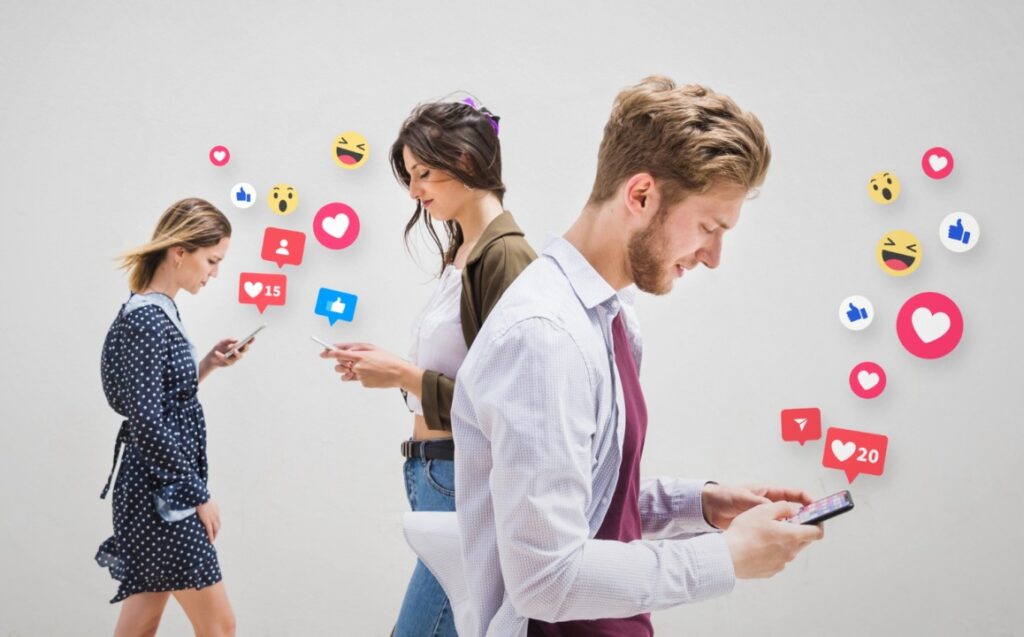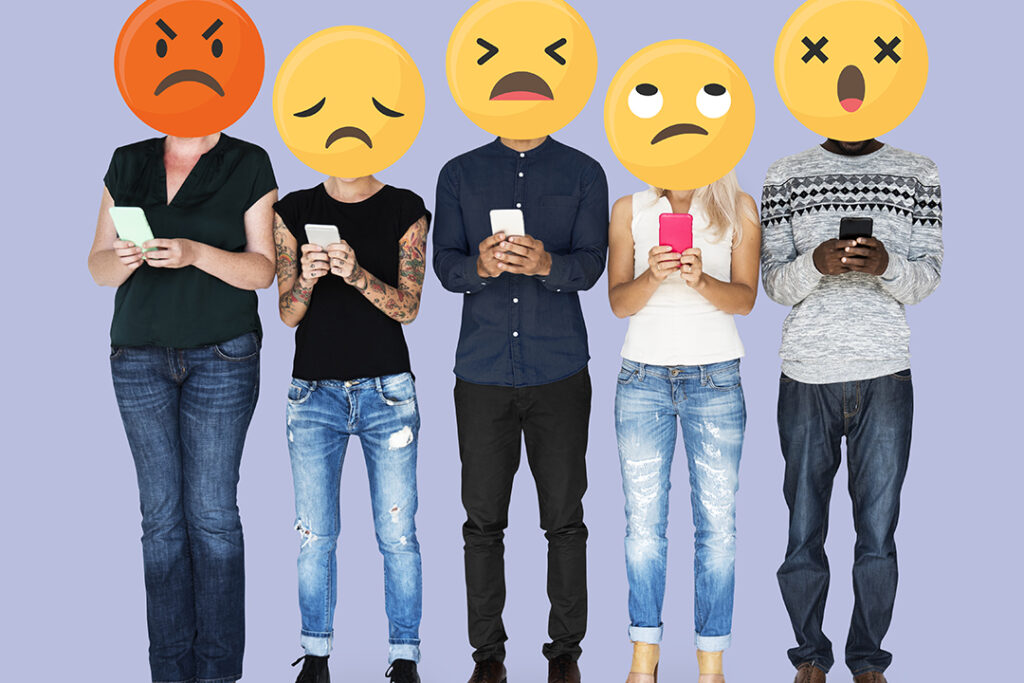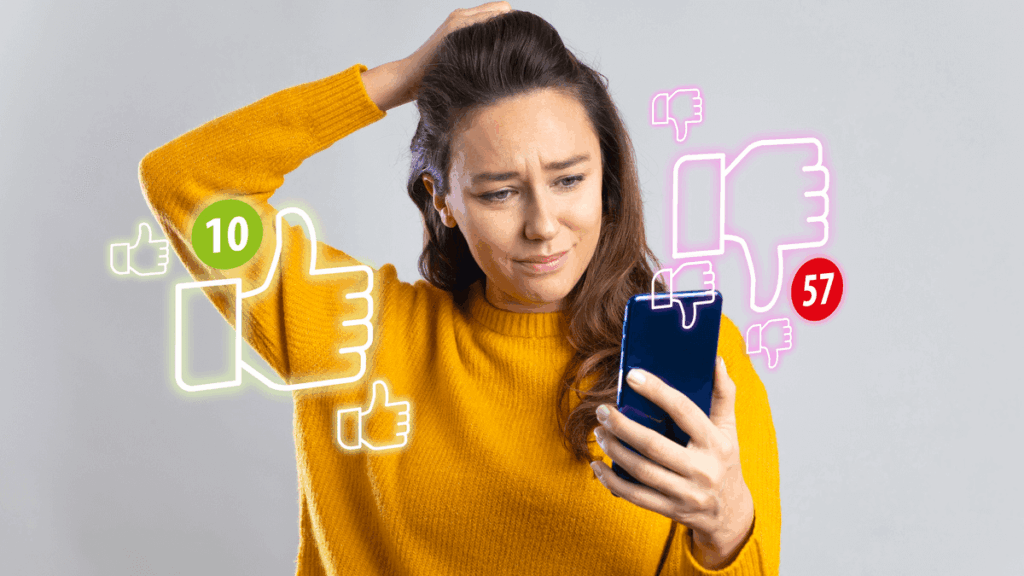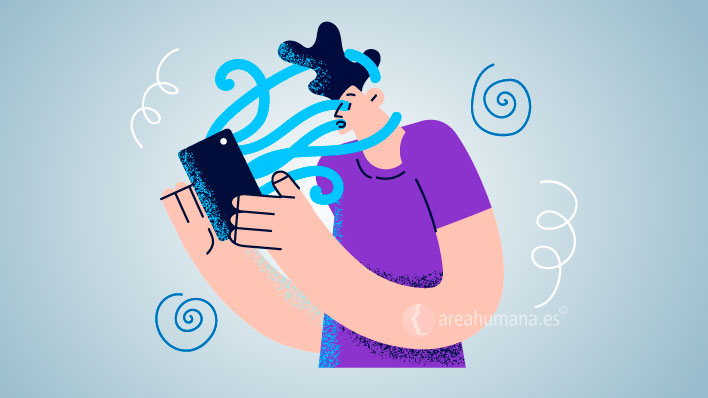
In today’s digital landscape, social media is much more than a communication tool—it’s a powerful psychological arena that influences our thoughts, behaviors, and emotions every day. Have you ever wondered why a simple like or share can boost your mood, or why negative comments can leave you feeling down? This article explores the intricate relationship between psychology and social media, showing how digital interactions trigger deep emotional responses. By examining the underlying psychological mechanisms, we reveal expert secrets that explain both the allure and the potential risks of online engagement. Whether you are an active social media user or simply curious, this comprehensive guide offers practical insights to help you navigate your digital world more mindfully and effectively.
Understanding the Connection Between Psychology and Social Media
Social media has transformed the way we communicate, offering unprecedented opportunities for connection and self-expression. However, beneath its surface lies a complex psychological connection that affects our daily lives. Psychological research shows that online platforms stimulate reward centers in our brains, similar to the responses we experience through face-to-face interactions. This biological response explains why activities like scrolling, liking, and sharing feel so inherently rewarding.
Psychological factors that drive our online behavior are multifaceted. For instance, our constant search for social validation encourages engagement on these platforms. Every like, share, and comment reinforces this desire, powered by dopamine releases that keep us returning despite the ephemeral nature of online feedback. Numerous studies have highlighted how our brains are naturally wired to seek and respond to social stimuli.
Moreover, social media platforms use persuasive technology rooted in behavioral psychology. Algorithms are designed to tailor content based on personal data, shaping each user’s experience to maximize engagement. This customization not only prolongs user activity but also subtly influences emotions. Understanding how our online behavior is manipulated empowers us to take control of our digital consumption.
The Role of Emotional Triggers and User Behavior

Emotions are at the heart of our interactions with social media. Every notification, comment, or post has the potential to spark an emotional reaction that can linger for hours or even days. Emotions such as excitement, curiosity, anger, or sadness are not random; they are the result of complex psychological processes. Research shows that content that elicits strong emotional responses is more likely to be shared and engaged with, creating an environment where users are consistently immersed in powerful emotional experiences.
A key factor in this process is the use of emotional triggers by social media platforms through sophisticated algorithms. These triggers are backed by robust psychological studies. When content resonates emotionally, it activates the brain’s reward system, releasing neurotransmitters like dopamine. This reaction often leads to addictive patterns of behavior, as each emotional cycle further informs the platform about user preferences.
At the same time, emotional vulnerability online can be a double-edged sword. While it may facilitate deeper connections and genuine empathy, it can also lead to manipulation and increased anxiety. The constant exposure to emotionally charged content might elevate stress levels or even trigger anxiety and depression in some individuals. On the other hand, if harnessed positively, these emotional responses can foster meaningful interactions and build a stronger sense of community. Understanding these mechanisms is vital for managing and mitigating their negative impacts while maximizing the benefits of emotional support.
Expert Insights: How Social Media Shapes Self-Perception
Experts in psychology and digital behavior have gathered compelling evidence that social media significantly affects self-perception. Constant exposure to curated images and idealized portrayals of life can distort one’s self-image. This impact is especially strong among younger individuals who are still forming their identities, leading to issues like low self-esteem and body image concerns.
Built-in feedback mechanisms on social media platforms play a key role in constructing an idealized self. Positive comments and likes provide validation that reinforces a curated digital persona, while a lack of engagement or negative feedback can foster self-doubt and insecurity. Experts consistently emphasize the need to develop resilience and maintain a realistic self-image in the face of these challenges.

To counter these negative effects, professionals recommend practices like digital detoxes and mindfulness techniques. Setting clear boundaries between online and offline life is essential for mental well-being. Reflecting on one’s social media habits and their impact on self-perception can empower individuals to regain control over their identities, paving the way for a healthier and more balanced digital life.
Strategies for a Healthier Relationship with Social Media
Developing healthier habits around social media use is essential in today’s digital environment. With platforms increasingly designed based on psychological research, users need to adopt strategies that promote balance and protect their mental health. The first step is building awareness—recognizing how specific online activities influence your mood and overall well-being. This heightened self-awareness can lead to meaningful and lasting changes in digital behavior.
There are various strategies to mitigate the negative impacts of excessive social media use. These include setting intentional time limits, curating a positive and enriching content feed, and engaging with content that truly adds value. Incorporating mindfulness into daily routines can also help reduce stress and anxiety related to online interactions. Experts agree that establishing clear boundaries between professional, personal, and digital time is crucial for a harmonious lifestyle.
Another important strategy is to reconsider what counts as meaningful content. Instead of getting caught up in trivial comparisons or echo chambers that reinforce negative feelings, focus on platforms and communities that promote positivity and growth. This intentional approach not only empowers individuals but also contributes to creating a more ethical and empathetic digital space.
Future Trends: The Evolving Landscape of Social Media Psychology

In a rapidly evolving digital world, the relationship between social media and psychology continues to transform. Emerging trends indicate that platforms will become even more personalized, using advanced algorithms to predict and shape user behavior with greater accuracy. Innovations such as augmented reality and immersive experiences will deepen psychological engagement, making it essential for users to adapt and evolve their digital habits.
Experts foresee a future in which ethical design in digital platforms takes center stage. Collaborations between developers and psychologists are already steering the industry toward creating environments that promote positive mental health outcomes. This move towards ethical design is likely to introduce features aimed at increasing transparency, reducing addictive behaviors, and encouraging healthier usage patterns. The ultimate goal is to foster a digital ecosystem that enhances, rather than undermines, mental well-being.
Along with technological advancements, growing societal awareness about the psychological impacts of social media is leading to educational initiatives, policy updates, and community-focused movements. As these changes take hold, future users can expect a digital landscape where mental well-being is a priority and harmful behaviors are minimized. The blend of technological innovation with psychological insight will be key to balancing the benefits and risks of social media.
Content Additional
To provide a thorough exploration of the psychology behind social media, it is important to delve into related topics as well. One intriguing area is how cultural differences influence online behavior. Users from diverse backgrounds engage with social media in distinct ways, shaped by their cultural histories and values. This diversity adds complexity, as platforms must adjust to meet a global audience’s varied expectations and psychological triggers. Researchers suggest that a culturally sensitive approach can enrich user experiences and foster a more inclusive digital environment.

Moreover, the discussion of privacy and data ethics is closely connected to social media psychology. In a world where algorithms continuously learn from user behavior, concerns about privacy and manipulation are increasingly significant. The psychological impact of knowing that your actions are constantly tracked often leads to self-censorship or feelings of vulnerability. Experts argue that increased transparency and robust data protection measures are vital for rebuilding trust between users and digital platforms. Recognizing the relationship between data privacy and mental health is key to driving future reforms in online spaces.
Finally, the lines between our virtual and physical identities are becoming increasingly blurred. The digital persona we create on social media can influence real-world opportunities, relationships, and overall life satisfaction. The phenomenon of ‘context collapse’—where private and public selves merge online—adds further complexity to self-identity and interpersonal communication. By understanding these dynamics, individuals can regain control over how they are represented online. Encouraging open dialogue on these issues will lead to more balanced, thoughtful digital interactions, ultimately guiding social media toward a healthier, more inclusive future.
In conclusion, exploring the dynamic interplay between psychology and social media provides deep insights into human behavior. Recognizing emotional triggers and understanding the underlying mechanisms can help individuals build a healthier digital life. As new platforms emerge and evolve, these expert insights serve as valuable guidelines for balanced engagement in our increasingly connected world. Embracing these strategies will not only boost mental well-being but also enhance the quality of our online interactions over time.




